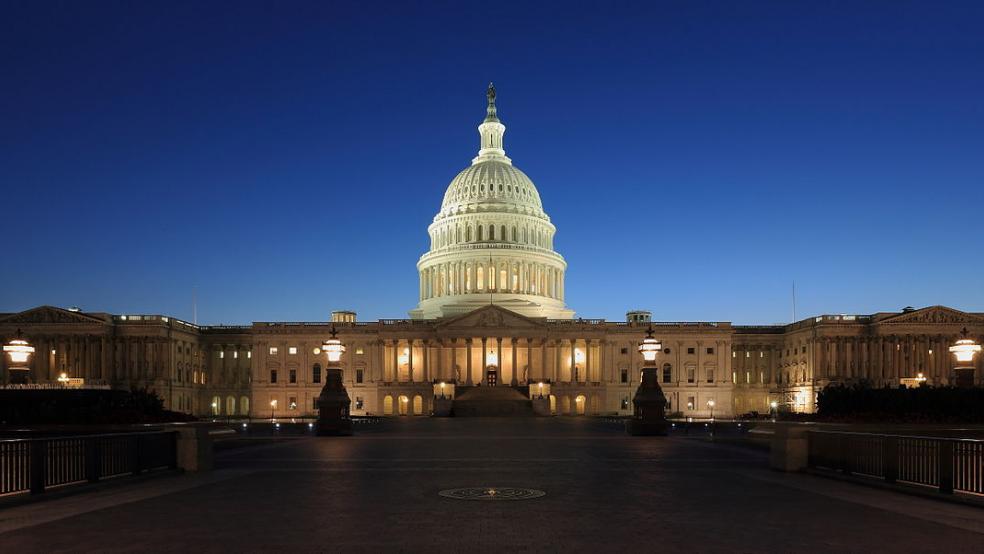President Donald Trump's popularity is falling due to his controversial comments about the white supremacist rally in Charlottesville, Virginia.
That will have negative implications for the administration's agenda this year, according to a Goldman Sachs economist.
The firm cited Trump's poll approval ratings, which fell to 37 percent on average this week versus 38 percent in July.
"Presidential approval continues to decline, and is the lowest for any first-term president in his first year in office," economist Alec Phillips wrote in a note to clients Friday. "Low approval ratings raise legislative risks. In the near term, we believe there is a 50% chance of a brief government shutdown, as the president seeks to solidify support among his base by embracing more controversial positions."
Related: White House’s Debt Ceiling Battle Could Trigger a Shutdown — and a Recession
Two Trump advisory councils — the Strategic and Policy Forum and the Manufacturing Jobs Initiative — disbanded Wednesday after the president's comments during a press conference Tuesday about the white supremacist rally in Charlottesville.
Congress will have to take up two issues in September: raising the debt ceiling, which is the legislative limit on how much the government can borrow, and passing a spending bill. The U.S. Treasury has said Congress needs to raise the debt ceiling by Sept. 29. Failure to pass a spending bill could force a government shutdown.
Phillips said the odds of a government shutdown are "fairly high" because Democratic support for the spending bill will be required, which will then force the Republicans in Congress to make some difficult concessions.
"We assume that any shutdown would be brief," he wrote. "Essentially, we see a very real chance of a shorter version of the 2013 shutdown."
The economist also believes tax reform is at risk if nothing is accomplished by October.
"We continue to believe a tax cut is slightly more likely than not, but our conviction is low, as there has been little progress to date," the economist wrote. "If tangible progress has not been made by October, after these fiscal deadlines have passed, tax legislation will start to look less likely, in our view."
This article originally appeared on CNBC. Read more from CNBC:
* Traders cheer news of Bannon's White House exit
* Jamie Dimon: US 'should acknowledge our problems and fix them'




